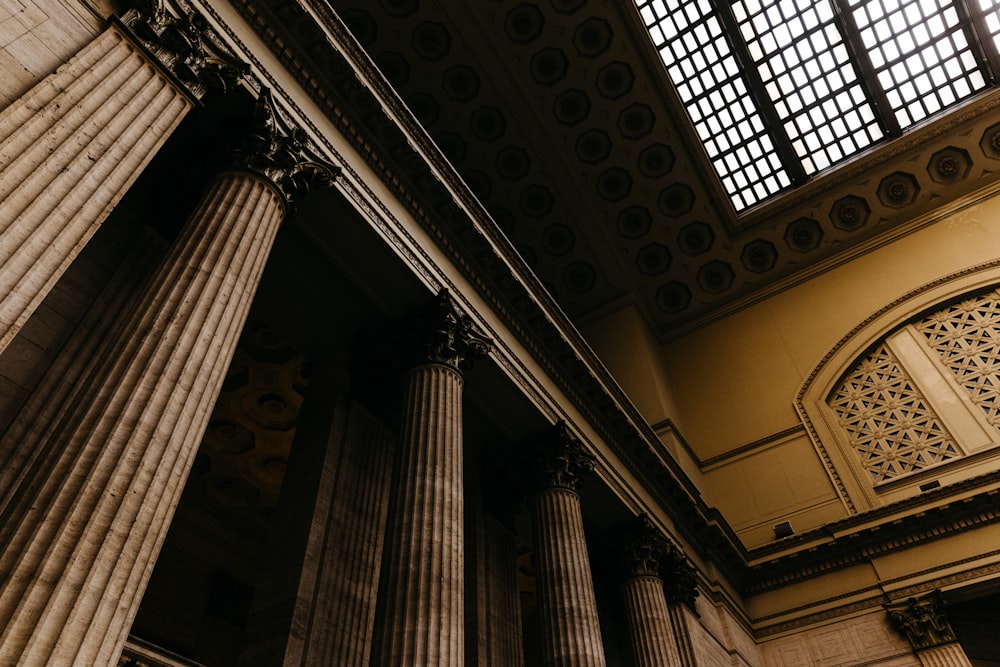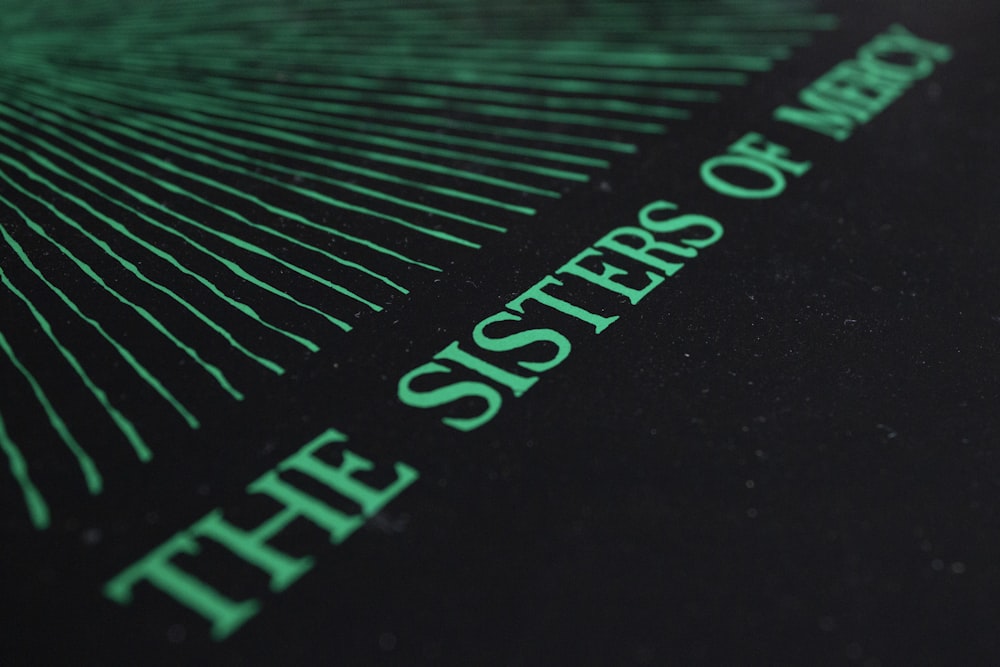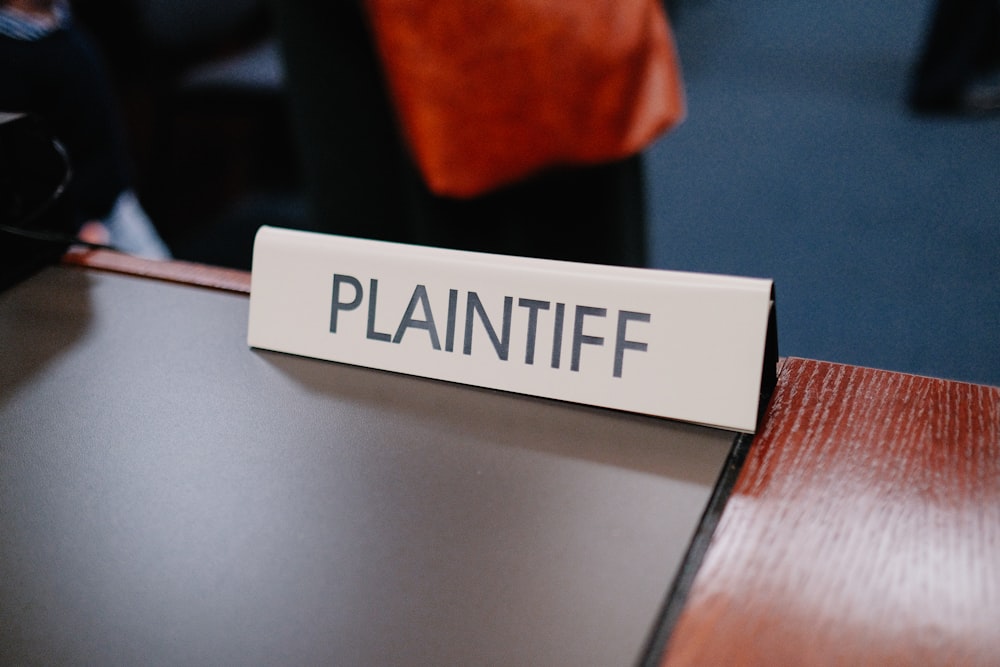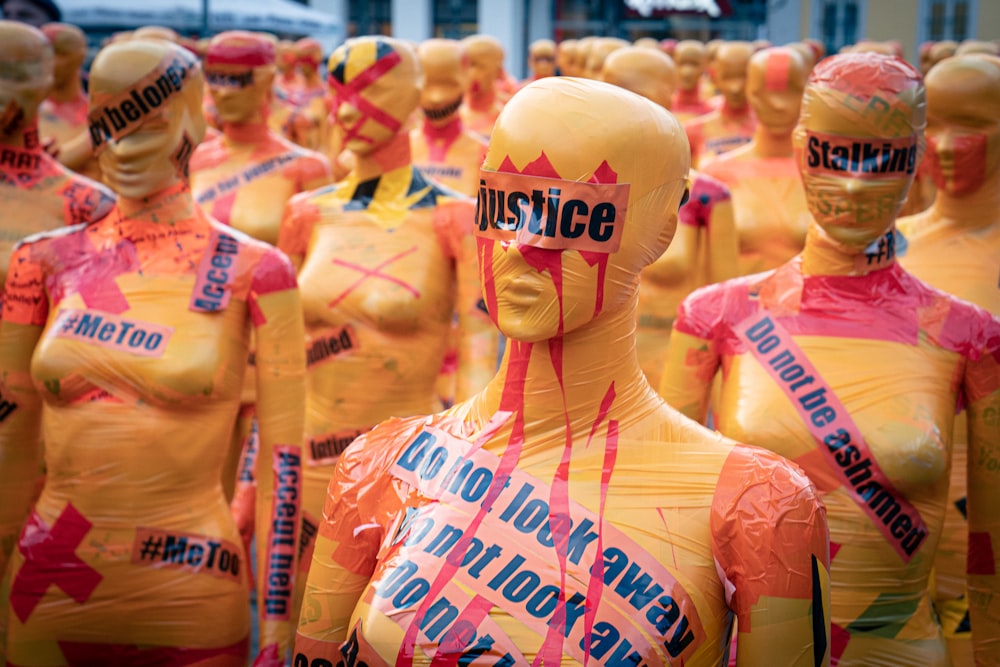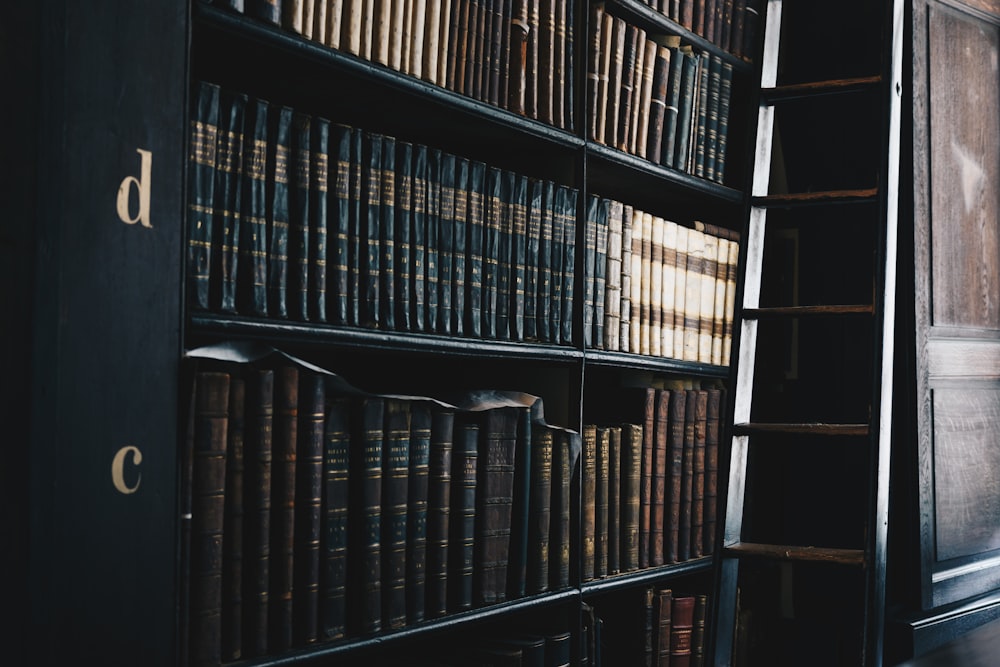Unraveling the Historical Context of Martial Law
Martial law, a concept deeply rooted in history, has significant implications for governance, civil liberties, and societal order. Originating from ancient Rome, where military commanders held supreme authority during times of crisis, martial law has evolved over centuries, taking on various forms and applications across different cultures and societies.
Ancient Origins and Development
The origins of martial law can be traced back to ancient civilizations, where rulers sought to maintain control and stability during times of war, rebellion, or unrest. In Rome, for example, the concept of “martial law” (derived from “martialis,” meaning “of or pertaining to war”) granted military commanders temporary authority to enforce order and discipline within their jurisdiction.
Medieval Europe and Feudal Systems
During the Middle Ages, feudal societies in Europe relied on martial law as a means of maintaining order and protecting the interests of the ruling class. Feudal lords and monarchs wielded considerable power over their subjects, often invoking martial law to suppress dissent and enforce obedience. This period saw the emergence of martial law as a tool of political control and social regulation.
Colonial Era and Expansion
The colonial era witnessed the expansion of martial law across the globe as European powers established colonies and conquered territories. In regions under colonial rule, martial law was often imposed to subjugate indigenous populations, quell resistance movements, and assert colonial authority. This period saw the widespread use of martial law as a tool of imperialism and conquest.
Modern Applications and Legal Frameworks
In the modern era, martial law has been invoked in response to a range of crises, including wars, civil unrest, natural disasters, and terrorist threats. Governments around the world have enacted legal frameworks to define the conditions under which martial law can be declared and the extent of military authority during such periods. These frameworks vary widely depending on the political system, legal tradition, and cultural context of each country.
Implications for Civil Liberties and Human Rights
While martial law is often justified as a necessary measure to restore order and security in times of crisis, it raises significant concerns about civil liberties and human rights. Under martial law, basic freedoms such as freedom of speech, assembly, and due process may be suspended or restricted, leading to abuses of power and violations of individual rights. The erosion of civil liberties under martial law can have long-lasting implications for democratic governance and the rule of law.
Challenges and Controversies
The declaration of martial law is often fraught with controversy and debate, particularly when it is perceived as an overreach of executive authority or a pretext for authoritarian rule. Critics argue that martial law can be used as a tool of repression to silence dissent and suppress political opposition, undermining democratic norms and institutions. Balancing the need for security with respect for civil liberties remains a perennial challenge in the context of martial law.
Lessons Learned and Future Considerations
As societies grapple with the implications of martial law, it is essential to learn from historical precedents and uphold democratic values and principles. Transparency, accountability, and adherence to the rule of law are essential safeguards against abuses of power under martial law. Governments must strike a delicate balance between security imperatives and the protection of individual rights, recognizing that the legitimacy of martial law ultimately rests on its adherence to democratic norms and constitutional principles. Read more about martial law




